State Legislature Budgets $15 Million for the District’s SWUCA Recovery Effort
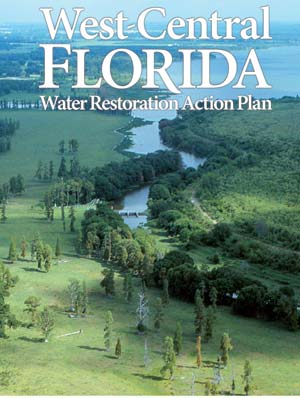
The Florida Legislature included $15 million in its 2008–09 state budget for the District’s West-Central Florida Water Restoration Action Plan (WRAP), which will help r

The Florida Legislature included $15 million in its 2008–09 state budget for the District’s West-Central Florida Water Restoration Action Plan (WRAP), which will help r
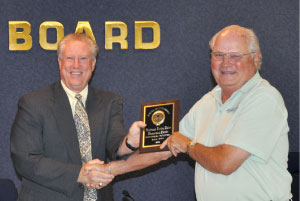
Sumter County Schools Superintendent Richard A.
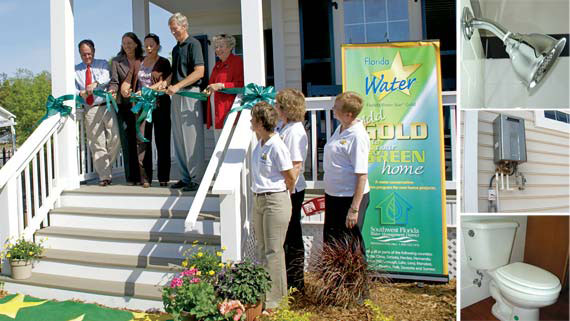 Dave Eggers, Dunedin mayor-elect; Lou Kavouras, District deputy executive director; Maritza Rovira-Forino, Governing Board member; Carl Krave, Pocket Neighborhoods, Inc.
Dave Eggers, Dunedin mayor-elect; Lou Kavouras, District deputy executive director; Maritza Rovira-Forino, Governing Board member; Carl Krave, Pocket Neighborhoods, Inc.
 Photo left: Kim DeVary (front, right), District land use specialist, took volunteers and their children on a hayride.
Photo left: Kim DeVary (front, right), District land use specialist, took volunteers and their children on a hayride.
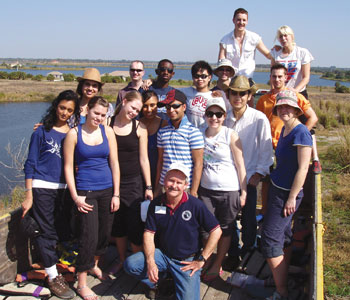 Brandt Henningsen, District chief environmental scientist, center, and Dr.
Brandt Henningsen, District chief environmental scientist, center, and Dr.
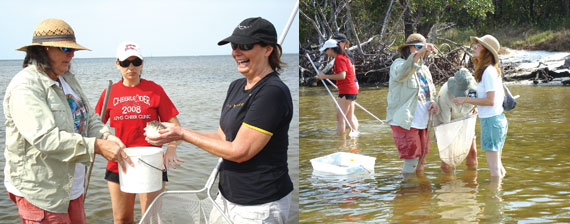 Photo left: Monica Dorken is ready with a bucket as Susan Harris, Hill-Gustat Middle School seventh- and eighth-grade teacher, holds a puffer fish she captured during the
Photo left: Monica Dorken is ready with a bucket as Susan Harris, Hill-Gustat Middle School seventh- and eighth-grade teacher, holds a puffer fish she captured during the
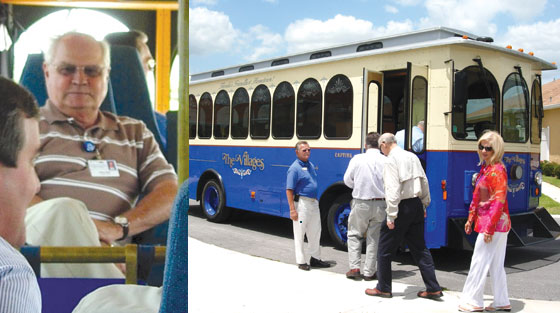 Doug Tharp, Governing Board member, leads his fellow Board members and District staff on a tour of The Villages.
Doug Tharp, Governing Board member, leads his fellow Board members and District staff on a tour of The Villages.
Visitors to the District’s headquarters and service offices are greeted by Florida-friendly landscaping, thanks to the work of proactive staff at each office.
 Far left: Student “reporters” take part in a skit that shows them what it’s like to work in the District’s Communications Department.
Far left: Student “reporters” take part in a skit that shows them what it’s like to work in the District’s Communications Department.